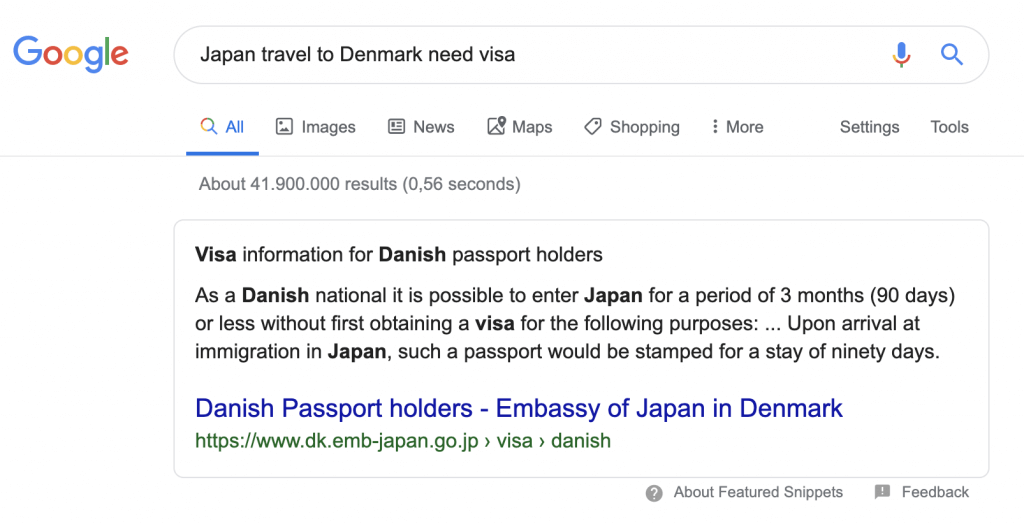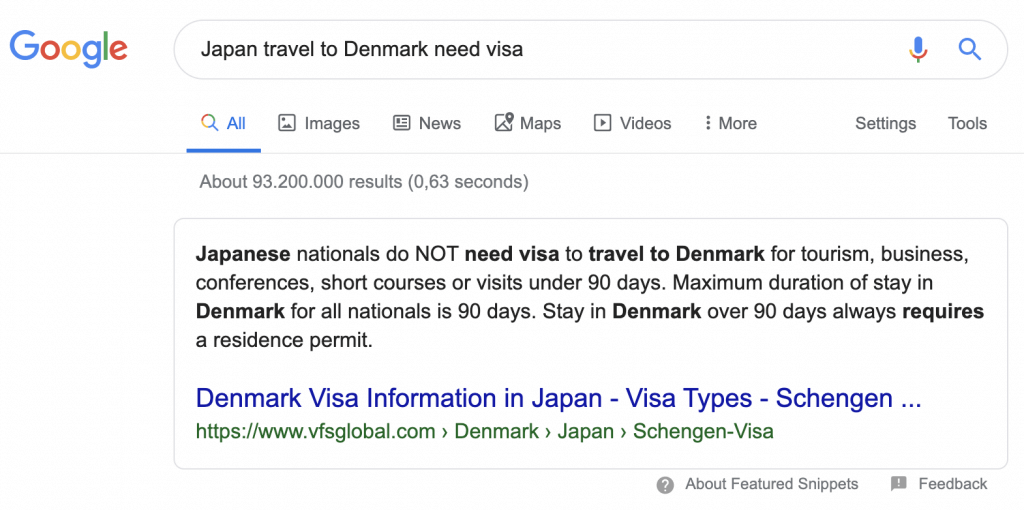BERT is designed to better understand the distinctions and context of words in searches and better match those queries with more relevant results in search and featured snippets.
Keep reading, if you want to know how BERT will affect your search queries or how it will impact your rank on the SERP.
What is BERT?
BERT, Bidirectional Encoder Representations from Transformers, is the most recent Google Update to be rolled out in October 2019. This update is probably Google’s most significant search update since the launch of RankBrain in 2015.
In 2018, Google has created a neural network-based technique for NLP pre-training, (natural language processing). This technique as called BERT for short, and allowed anyone (since this is an open-source technology) to train their very own system of question answering.
Google was able to do this by using transformer models that could process words in a sentence relatively. This means that words are not processed one-by-one. Hence, the context of the word is considered rather than just the words themselves. Here is the game-changer. Instead of matching the words in a sentence randomly to search results, now the context of the word and therefore the intent behind the search query is considered as well.
How will BERT affect Search Queries and Results?
According to Google, BERT will improve search results, and help relevant content to the search query get ranked. As a start, BERT is launched for only the US English language, and will gradually incorporate more languages and locales. By matching the intent behind the search query with the results, searching should feel more comfortable and natural.
Here is a before and after examples of implementing BERT:
- Search Query: “Japan travel to Denmark need visa“
- “Before” Result:

- “After” Result:

Now Google understands the importance of the word “to” in the context of the search query and can return a search result that relates to a Japanese citizen wanting to travel to Denmark instead of a Danish citizen travelling to Japan.
Conclusion
You might be wondering, how you can optimise your site and ensure that you do not lose your rank with this update – this is what most people worry about these days. Well with BERT there is nothing that you should actually do. Meaning there is no special optimisation or hack to ensure that your site always remains on top. All BERT does is try to ensure that the intent of the search query is met with the relevant content.
It is therefore important to always match your content to your target audience, who are they and what are they looking for. This way Google will be able to direct your customers towards you. If this still feels like too much SEO jargon, and you need more information on how to optimise your website you can click here.
Otherwise, you can simply leave a comment with your thoughts below.


